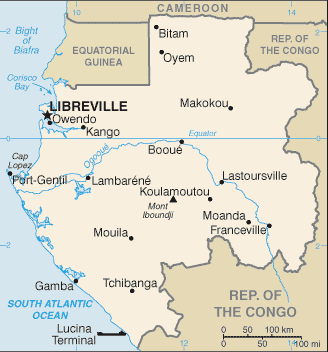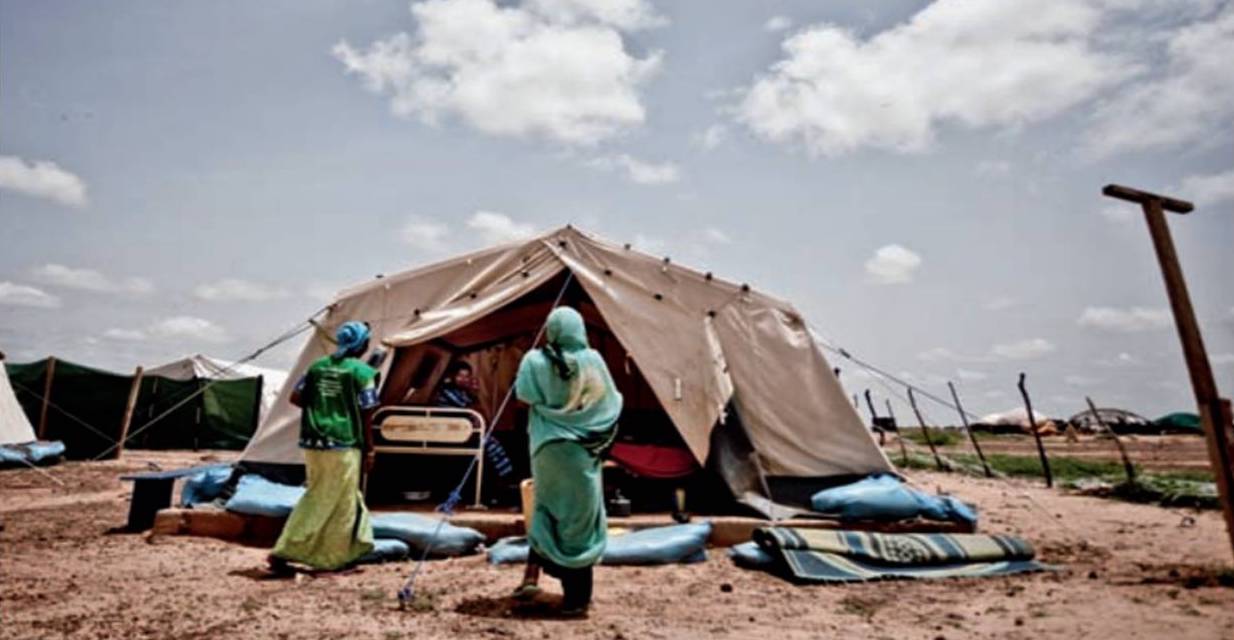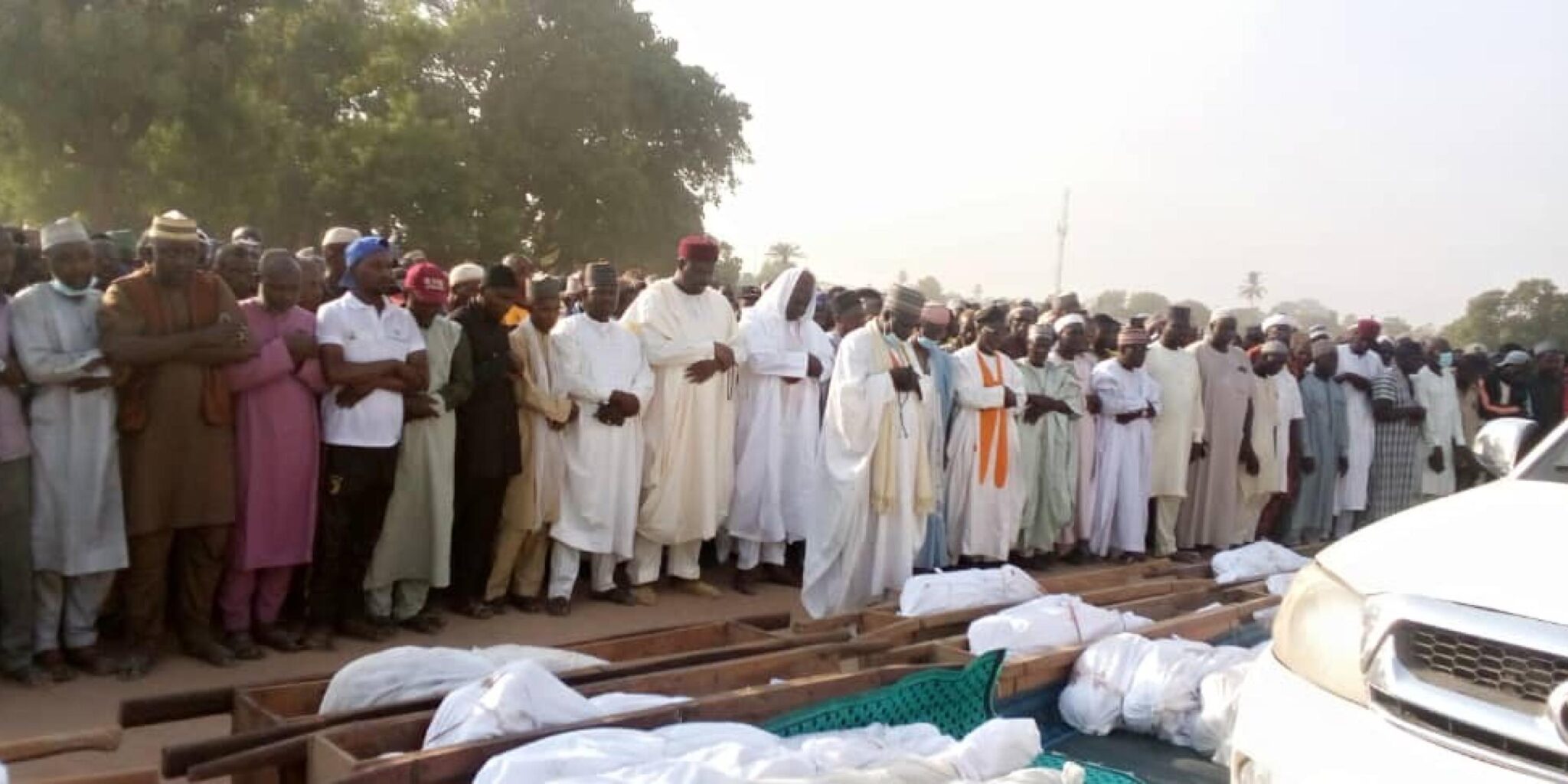
Niger junta pivots from the EU to Russia
The ruling junta in Niger has broken off a military partnership with the European Union that provided training and equipment for the counterinsurgency against jihadist rebels. The rupture is linked to the EU’s refusal to engage with the junta that took power in a July coup. Russian officials have meanwhile visited the country, signing documents to strengthen military cooperation. Russian support for other armies in the Sahel region has led to massive rights abuses, yet the EU’s own record was far from exemplary. The bloc spent large sums on Niger’s military but failed to implement measures to prevent abuses—resulting in civilian casualties that played into the hands of the jihadists. (Map: PCL)








